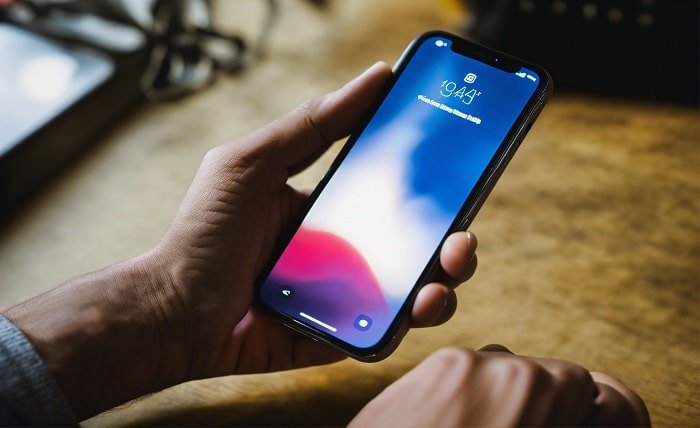Introduction
In today’s digital age, phone reverse lookup has become a vital tool for personal and professional use. Whether you’re receiving calls from unknown numbers or you need to verify someone’s contact information, understanding how to utilize phone reverse lookup can provide significant benefits. This guide will explore the essentials of phone reverse lookup, offering detailed insights and practical advice.
What is Phone Reverse Lookup?
Phone reverse lookup is a service that helps you identify the owner of a phone number. By entering a number into a reverse lookup service, you can get details such as the caller’s name, address, and other associated information. This tool is particularly useful for handling spam calls, verifying contacts, and enhancing personal security.
How Does Phone Reverse Lookup Work?
This service works by accessing a vast database that contains detailed records of phone numbers and their owners. When you enter a phone number, the service searches through these databases to find a match and provide you with the relevant information. Different providers might use various sources to ensure the accuracy and breadth of the data they offer.
Benefits of Using Phone Reverse Lookup
Using phone reverse lookup offers numerous advantages. It allows individuals to identify and block spam callers, assists businesses in verifying customer information, and helps in reconnecting with old contacts. This tool also enhances safety by enabling you to know who is calling before you answer.
Choosing the Right Reverse Lookup Service
When selecting a phone reverse lookup service, consider factors such as data accuracy, update frequency, cost, and user reviews. Some services offer additional features like background checks and connection to social media profiles, which can be beneficial depending on your needs.
Free vs. Paid Reverse Lookup Services
There are both free and paid phone reverse lookup services available. Free services usually provide basic information, while paid services offer more detailed data and higher accuracy. Understanding the differences can help you choose the service that best fits your needs.
Common Uses of Phone Reverse Lookup
Phone reverse lookup can be used in various situations such as identifying unknown numbers, preventing fraud, conducting background checks, and more. Businesses often use this tool for customer verification and to improve customer service by having all necessary information at hand.
Legal Considerations in Phone Reverse Lookup
It’s important to consider the legal aspects of using phone reverse lookup. Ensure that your use of this tool complies with local privacy laws and regulations to avoid any legal issues. This is crucial when using the data for business purposes or background checks.
Tips for Effective Use of Phone Reverse Lookup
To make the most out of phone reverse lookup, ensure that you use a reliable service provider. Regularly update the databases you use, and always double-check the information obtained for its accuracy and relevance.
Troubleshooting Common Issues with Phone Reverse Lookup
Sometimes, you might encounter issues such as outdated information or no data found. This section covers how to address these common problems and how to improve the accuracy of the results you get from phone reverse lookup services.
Future of Phone Reverse Lookup
The future of phone reverse lookup looks promising with advancements in technology and data management. Increased accuracy, faster processing times, and more comprehensive data coverage are expected as the technology evolves.
Conclusion
Phone reverse lookup is a powerful tool that provides valuable insights into unknown phone numbers. By understanding how to effectively use this tool, you can enhance your personal security, improve business operations, and avoid unwanted calls. Remember to choose a reliable service and comply with legal standards to maximize the benefits of phone reverse lookup.
FAQs
1.Is phone reverse lookup legal?
Yes, using phone reverse lookup is legal as long as you use it in compliance with privacy laws and for legitimate purposes.
2.Can phone reverse lookup find any phone number?
While phone reverse lookup can identify many numbers, some might not be available due to privacy settings or unlisted numbers.
3.Are there any risks associated with using phone reverse lookup?
The primary risk involves the misuse of information. It’s important to use the data obtained responsibly and ethically.
4.How accurate is phone reverse lookup?
The accuracy depends on the service provider and the databases they use. Generally, paid services offer more accurate and comprehensive data.
5.Can I use phone reverse lookup on international numbers?
Yes, some services offer international phone reverse lookup, but the available information might vary depending on the country.



